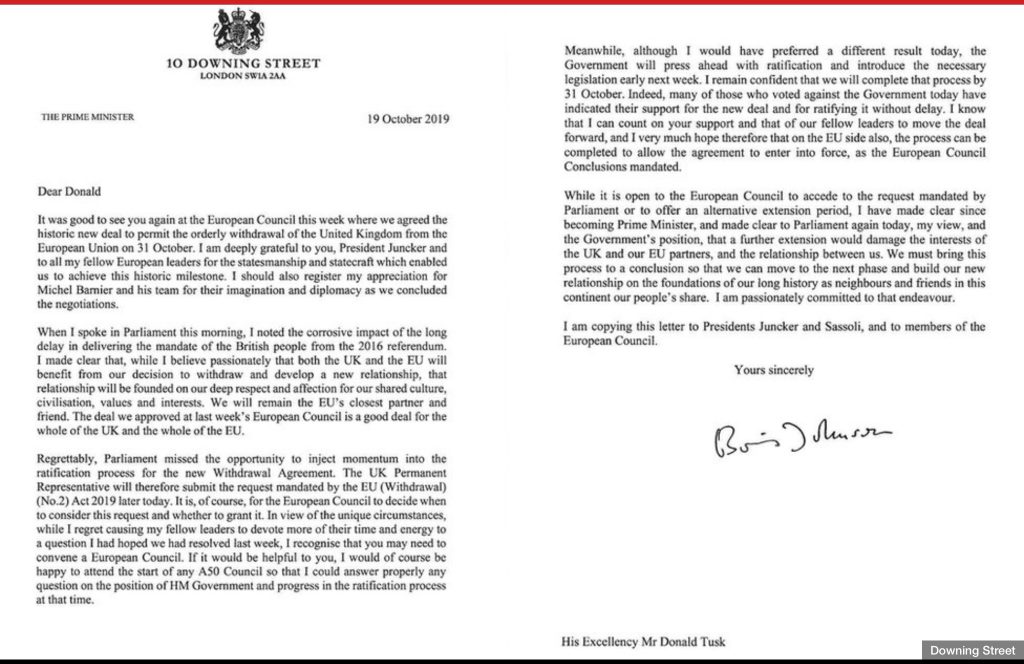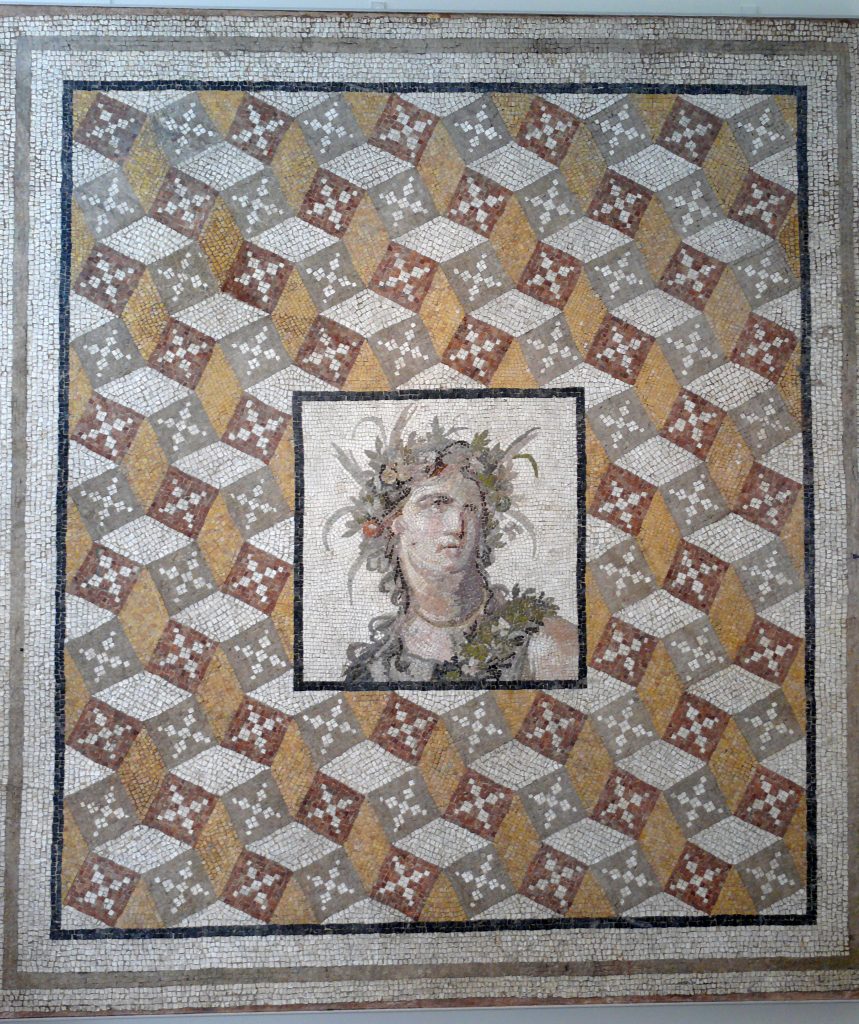Are you familiar with the phrase “going by Shanks’ pony” — and do you know where it originates? If you’re American you might know it as Shanks’ mare … Continue reading
BoJo’s booboo (and he signed this one)
No world leader can trump Trump in the high stakes world of grammar and spelling errors. But Boris Johnson came fairly close when he flubbed one of the three letters he sent to Brussels a few days ago — and it was in the letter he actually signed that he made his gaffe (so you can’t wriggle out of this one, BoJo). Read it here and see if you can spot the mistake:
On National Poetry Day: Truth … (and a golden shovel)
Today is National Poetry Day in the UK, and the national day’s theme this year is “Truth”. To celebrate, Glosso presents two poems by British poet Marc Woodward — both of which address this year’s theme with searing and witty relevance. The first poem is a “golden shovel” — a poetry form invented by the US poet Terrance Hayes in which all the poem’s line-ending words, put together in order, form the line of another existing poem. Woodward’s poem An Egret In Jerusalem speaks for itself, but by way of a brief introduction: historically egrets used to migrate to England from the continent, but since the 1970s they have gradually become residents of the island nation. The second poem, also relevant in today’s Great Britain, plays on King Henry II’s infamous line “Will no one rid me of this turbulent priest?”, which he is said to have uttered over Christmas in 1170 with dramatic consequences. Enjoy both poems: we’ll be hearing more from Marc on Glosso’s pages in the future. Continue reading
The ups and downs of hurricane naming
Hurricane Florence makes landfall / Wikimedia CommonsHurricane names are curious — they’re often so strangely obscure. How are they named, and who names them? Why do they have names at all? And is there ever a downside to naming these mega-storms? It might not be good news for a few sorry souls … Continue reading
A (nearly) A-Z of capitonyms
What’s the difference between a capitonym and a homonym? Is a capitonym a type of homonym? Or is it something else entirely? Read on to find out more … Continue reading
The Grammarians – a novel
There’s a new novel out, published earlier this month, that will probably appeal to glossophiles (and Glosso-philes) everywhere. Describing itself, as books can do proverbially these days, the novel by best-selling author Cathleen Schine “celebrates the beauty, mischief, and occasional treachery of language.” Continue reading
The Pope is allergic to adjectives (sic)
“I am allergic to those words. We have fallen into the culture of adjectives and adverbs, and we have forgotten the strength of nouns.” So proclaimed Pope Francis in a rant against descriptive words during a speech on Monday. (Sic)
On National Punctuation Day: an ode to a punctuation mark
It’s National Punctuation Day! To celebrate, Glossophilia is sharing Eric Nelson’s poem about the punctuation mark we all love to hate; the one that probably suffers the most misuse, abuse and aggro in our daily verbal lives. It’s like the viola of the punctuation orchestra: although it’s the butt of everyone’s jokes, and no-one really knows how to play it properly, we’d be so lost without it. Long live the long-suffering long-tailed apostrophe, and those that protect it fiercely from extinction. Continue reading
Choate, couth and cognito
Originally posted in 2015.
***
Disingenuous seems to be the word of the week at 21C: we’re all at pains to avoid seeming or being it in our work as publicists. But as one of my more literary colleagues pointed out: why don’t we use the word ingenuous* more often — i.e. without the “dis-” in front of it? Is there even such a word, and does it mean the opposite of disingenuous? (See below to find out.) And are there other words like this whose obvious opposites don’t seem to exist? Continue reading
I think you mean the opposite …
Glosso’s last post was about words that don’t sound like what they actually mean (at least not to me); an example is prosaic, which I think sounds quite poetic, but means – in a general sense – commonplace or unromantic. But that doesn’t mean I use it wrongly; it just sounds wrong. Today we’re looking at ten words that are commonly used to mean the opposite of what they really (or historically) mean. I’m sure you can think of others; please add them in the comments section below. Continue reading












